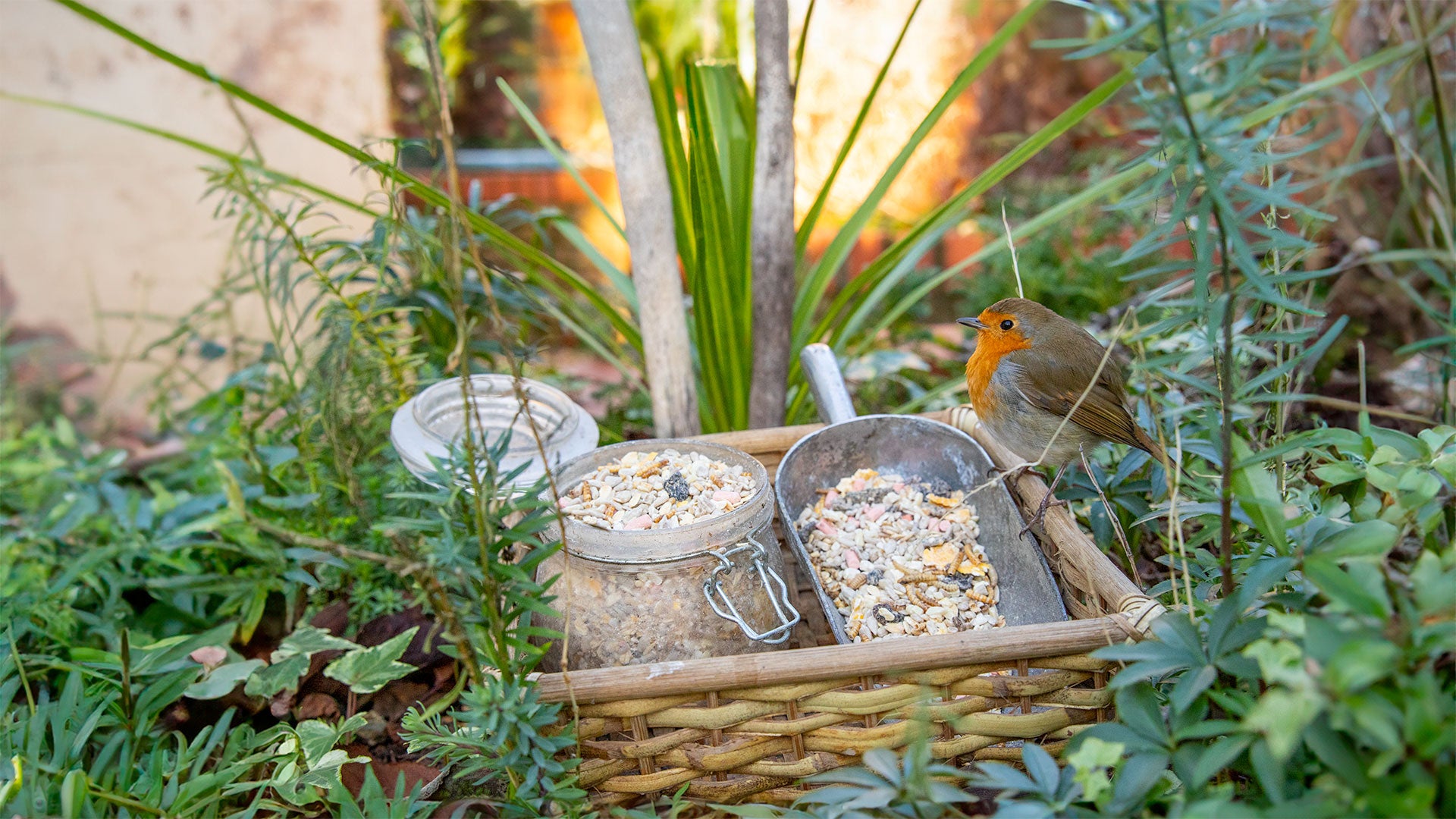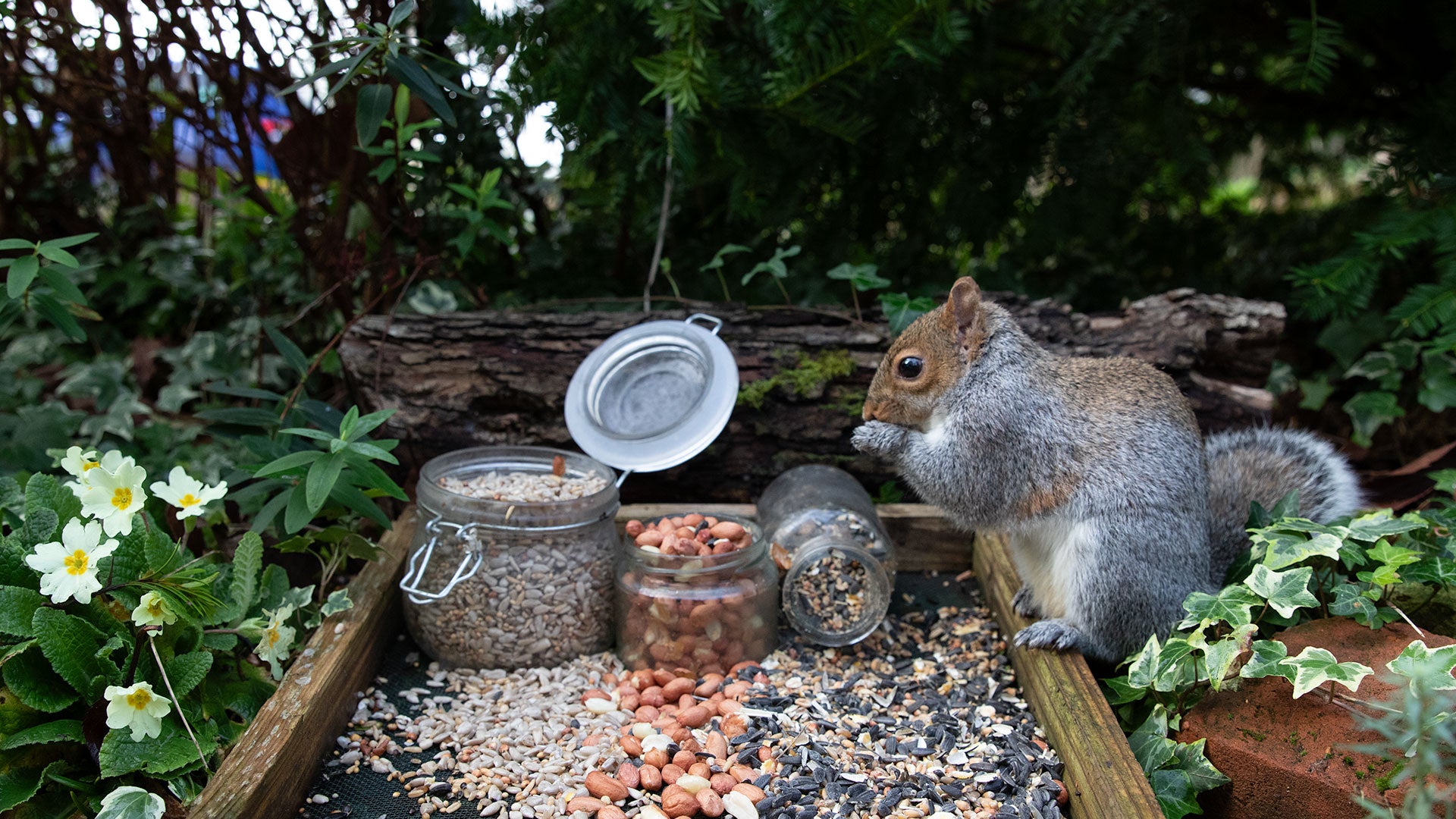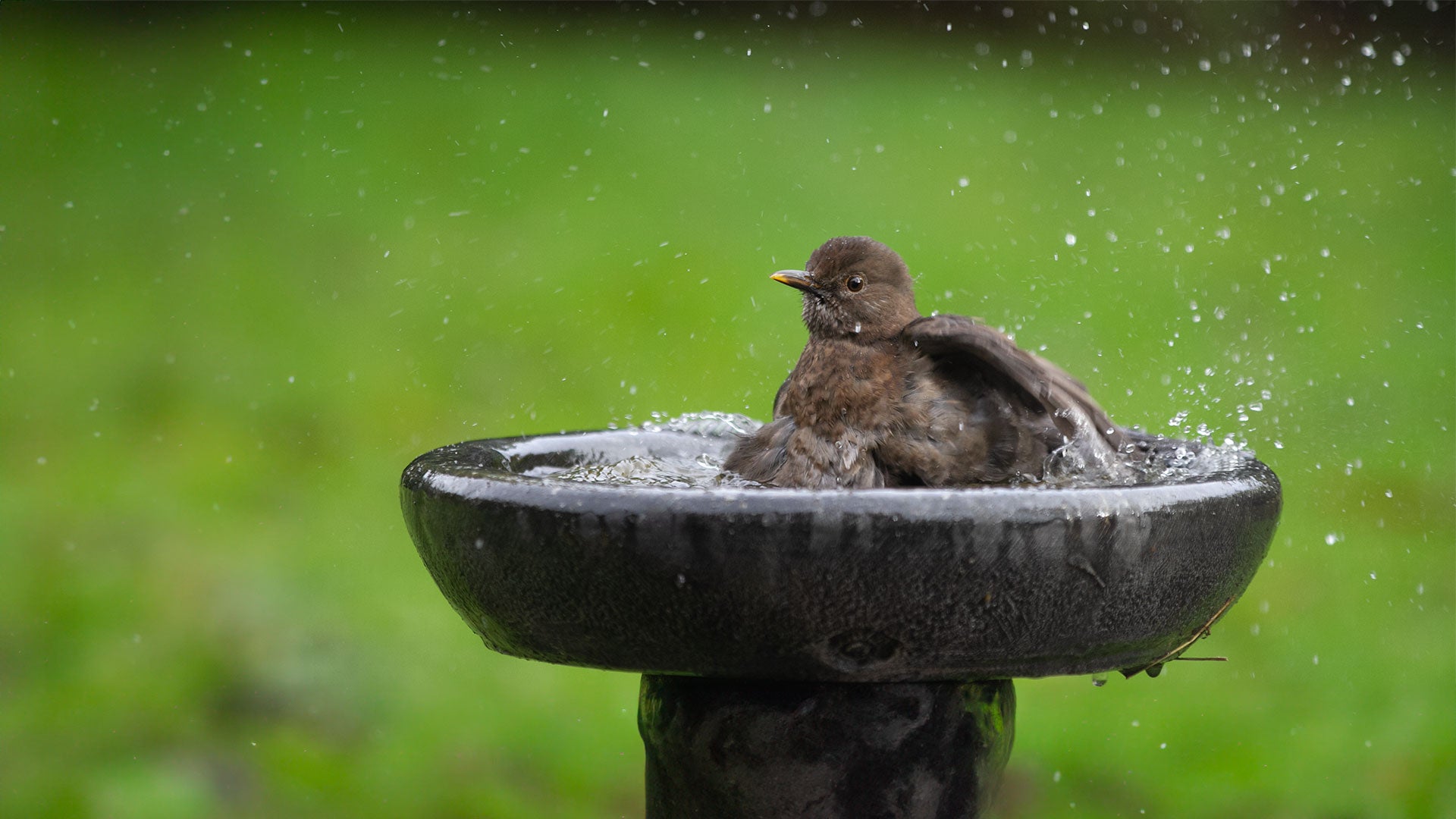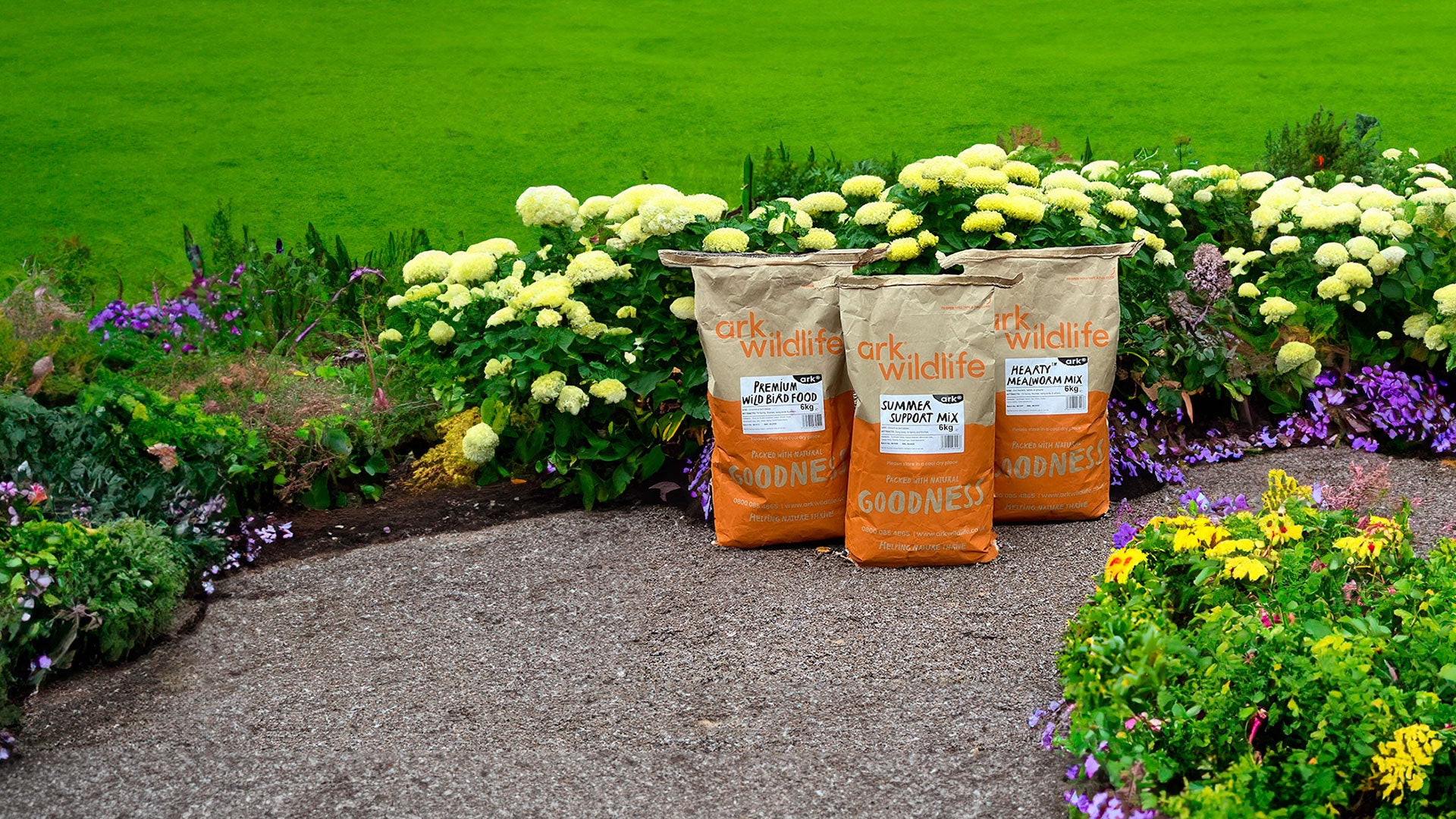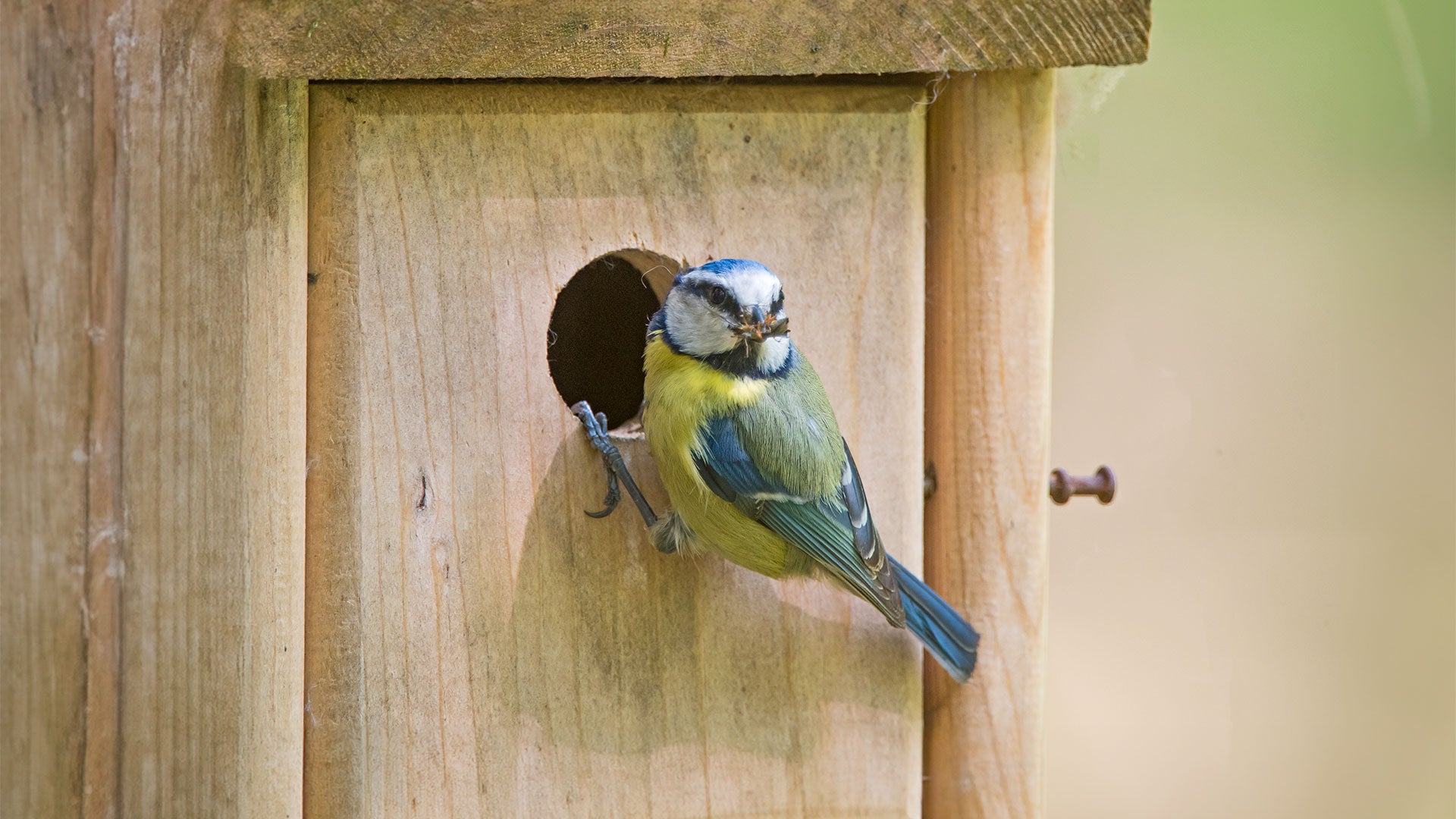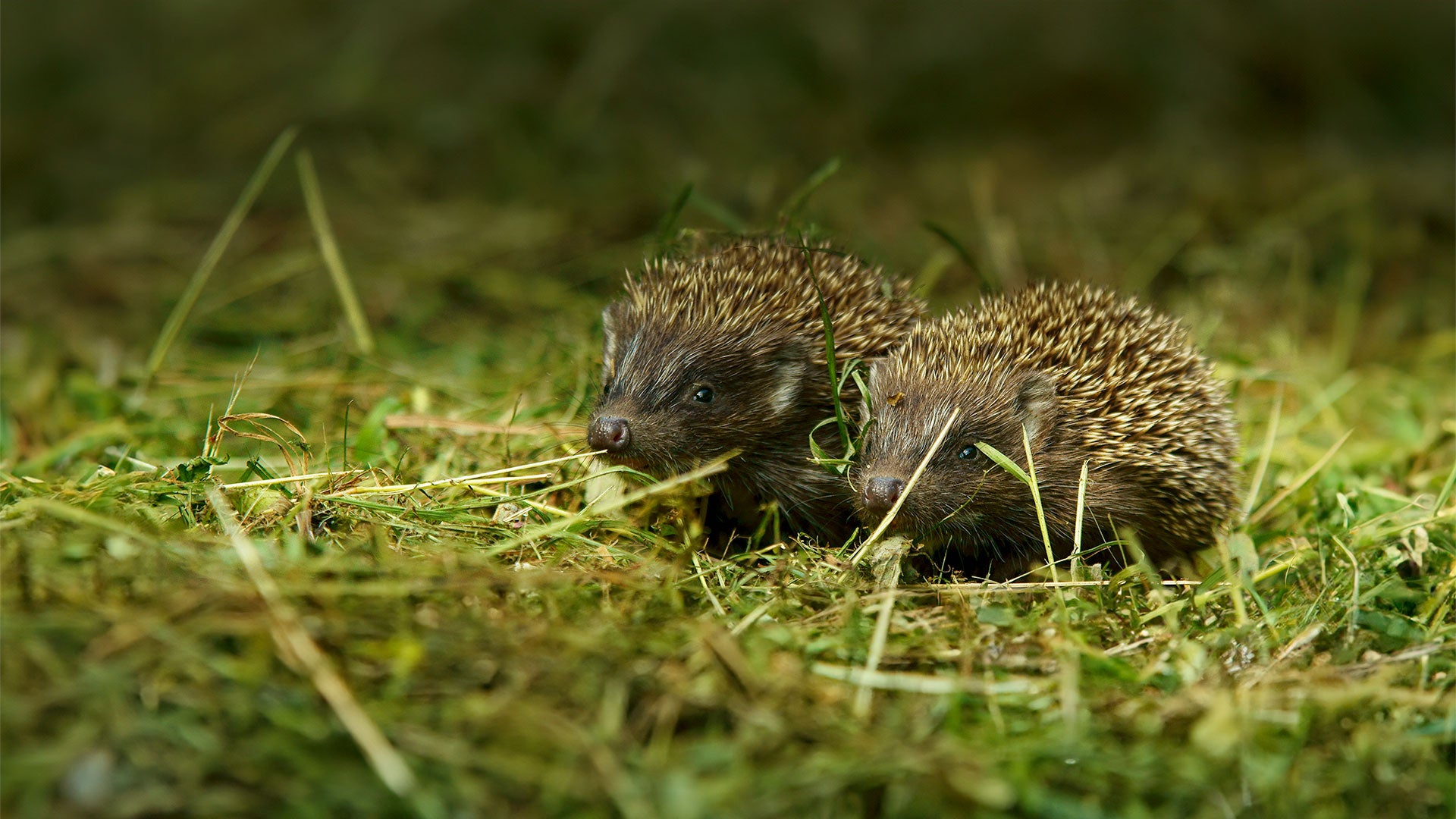Guest Blog - Author Bio
This guest blog was written by Nikki Banfield, Buglife Communication Officer. Living and working remotely in the Isles of Scilly, Nikki is inspired by the natural world and all it has to offer. Buglife is the only organisation in Europe dedicated to the conservation of all invertebrates. Their aim is to stop the extinction of these vital invertebrate species.
Has there been a decline in the number of insects?
Memories of long, hot, lazy, summer days, punctuated by the constant background hum and buzz of insects going about their business. Cooler, calm, clear evenings sat around a BBQ, beyond sunset, accompanied by crickets chirping, bats echo-locating their next meal and the whine of mosquitos before they settle. The deep drone and subsequent boisterous crash landing of a Dumbledory (aka the May Bug or Common Cockchafer Melolontha melolontha), as it flew through my bedroom window; attracted by the light.
Eager excitement of a longer car journey to explore new places, my parents bemoaning the number of insects splattered across the windscreen; obscuring the view and impossible to remove. The wonder of those splats, the sticky, gooey mess, wings and legs protruding from glass and paintwork at extraordinary angles. Trying to work out what the splat once was.
If you’re of a certain age, you might have similar childhood (or even adult) memories; and, like me, you may be wondering if the rose-tinted glasses of this younger version of you is misremembering, embellishing or even imagining those days. The sounds and sights I remember from my childhood appear to contrast starkly with those of my adult life.
Summer days and evenings are much quieter; less buzzing, chirping and droning. Now I’m the one doing the driving, my car windscreen less splattered; requiring much less cleaning. I’ve been at Buglife for four months now. I was drawn to the charity by the idea of “saving the small things that run the planet”. I’ve always been a sucker for the small things. The less well-loved. The misunderstood. When people ask what I do, conversations inevitably turn to their childhood memories. Their experiences of the now common denominator between us and bugs.
Many of their memories are very similar to mine. Some are glad there don’t appear to be so many bugs around; until they start to realise what life would be like without these small things. Surely we can’t all be misremembering, embellishing or imagining how buggy our lives were during our childhoods? Anecdotally, it would appear, there were a lot more bugs. But what does the science say?
Here’s where the problem lies. Historically there has been insufficient data to draw robust conclusions about the trends of overall insect abundance in the UK. Our current evidence of insect declines comes from targeted surveys of specific groups (i.e. butterfly transects, bee walks, moth traps etc). This has resulted in trend data which focuses on a small group of insects and/or is geographically limited.

What is the Bugs Matters study?
Bugs Matter, a repeatable nationwide citizen science study led by Buglife and Kent Wildlife Trust (based on the RSPB’s 2004 “Big Bug Count”) has the potential to change that; allowing us to measure overall abundance of flying insects across large geographical areas. To generate the much needed scientific data required to either confirm, or disprove, what our memories are telling us.
Bugs Matter enlists the help of the public, citizen scientists, to monitor the health of insect populations. Inspired by the “windscreen phenomenon” (a term given to the general observation that people are seeing fewer insects squashed on the windscreens of their cars today compared to several decades ago).
The concept is simple and can be broken down into 6 easy steps:
- Download the Bugs Matter app and receive your “splatometer” grid through the post;
- Clean your car number plate prior to a journey;
- Drive the journey;
- Count the number of squashed insects on your number plate using the “splatometer” grid;
- Submit your count and a photo to the Bugs Matter app;
- Repeat as many times as you can, throughout June, July and August.
During 2021 citizen scientists recorded 3348 journeys, totalling more than 121,000 miles, across all four UK nations using the Bugs Matter app; a repeat of the RSPB’s 2004 citizen science survey.
The results (released on the 5th May 2022) were mind-boggling and hugely concerning. The abundance of flying insects sampled on vehicle number plates by citizen scientists across the UK has reduced by 59% between 2004 and 2021; that’s 59% in just 17 years! Suggesting that our childhood memories are far from embellished. Anecdote supported by science.
Critics have been heard to say that it’s misleading and difficult to draw conclusions from the Bugs Matter survey (despite the dataset being significant) in as much as “one swallow does not a summer make”. Could 2021 just have been a bad year for bugs? Are cars more aerodynamic? Have bugs adapted, avoiding getting splatted? All these questions and more are addressed within the full report.
The fact is Bugs Matter 2021 findings are consistent with wider research, reporting declining trends of insect populations globally. A review of 73 studies from around the world has shown that 41% of insect species are in decline and a third are at risk of extinction. This finding led to Buglife’s #NoInsectinction campaign.

What is the #NoInsectintion campaign?
#NoInsectinction recognises that our natural world is in crisis. Insects make up over half the species on Earth and pretty much all life as we know it relies on them; they really do run the planet! #NoInsectinction highlights that we must have a minimum of three things to help achieve and maintain sustainable insect populations:
For those of us genuinely concerned about the state of our natural world, myself included, Bugs Matter is beginning to provide the scientific evidence others call for. Confirming anecdotal stories; transforming “science fiction” into “science fact”.
Granted more evidence is required to satisfy rigorous scientific scrutiny but, as a “starter for 10”, Bugs Matter 2021 gives us the best evidence to date that something really is wrong within insect populations across the UK.

How can you help to protect our insects?
If you’re worried too, there are two things you can do right now
- Sign up to Bugs Matter Campaign and from June – August, put your “splatometer” to good use. Become a citizen scientist. Contribute data to the, now annual, Bugs Matter survey.
- Support Buglife’s #NoInsectinction campaign and let us show you what you can do to help reverse insect declines
Let’s do what we can to help save the small things that run the planet.
Photo Credits:
Cockchafer - by Zoe Foster
Bumblebee on clover - by Barefoot Photographer


